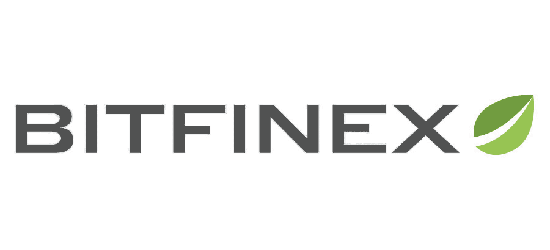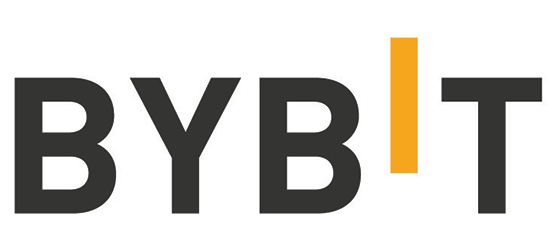US court recognizes Bitcoin and Ethereum as commodities
The crypto community on X erupted in celebration on Wednesday after Rostin Behman, the chairman of the Commodity Futures Trading Commission (CFTC), made remarks during a congressional hearing that underscored a federal court's decision cementing Bitcoin and Ethereum's classification as commodities.
While Gary Gensler, the chairman of the Securities and Exchange Commission (SEC), has previously indicated that Bitcoin falls outside the SEC's oversight, a veil of ambiguity still surrounds Ethereum—the crypto world’s second-biggest currency, despite the sudden green light for spot Ethereum ETFs.
Behman referenced a legal case tackled by the CFTC in the U.S. District Court for the Northern District of Illinois against a non-registered firm, stating that the court’s ruling reinforced the notion that Bitcoin and Ethereum are categorized as commodities under the Commodity Exchange Act (CEA).
Judge Mary M. Rowland, presiding over this case, was confronted with the defence's argument that the CFTC's regulatory authority over commodities should not encompass any cryptocurrencies. Nonetheless, she decreed that both Bitcoin and Ethereum squarely fall under the CFTC's purview, drawing parallels with prior cases and the terminology employed in the CEA.
Yet, Rowland’s affirmation and Behman's reference to it does not conclusively finalize Ethereum's commodity status.
Decisions at the trial court level don’t usually impose a precedent on other courts within the same jurisdiction. It’s promising, but might not be tremendously influential.
Ethereum's commodity description was first articulated by CFTC officials in 2019, when the then-chairman Heath Tarbert participated in Yahoo Finance's All Market Summit. Although the SEC has not openly labeled Ethereum as a security, an abandoned probe into “Ethereum 2.0” sparked debate.
Judicial opinions in the realm of crypto and securities law have displayed inconsistency even within the same jurisdiction. For instance, Judge Analisa Torres, in the SEC’s litigation against Ripple within the U.S. District Court for the Southern District of New York, ruled that the trading of certain cryptocurrencies on secondary markets does not fall under securities legislation.
Judge Jed Rakoff diverged from Torres's rationale, letting the SEC move forward with its case last summer, by invoking the Howey Test—a criterion set by the Supreme Court to ascertain if an offering qualifies as a security.
Nevertheless, the SEC's nod to spot Ethereum ETFs in May was seen as an implicit acknowledgment of Ethereum’s commodity classification, Tu-Sekine remarked.
For investment products centered on securities, specific regulatory documentation is mandated, which isn't the case for asset managers vying for a spot Ethereum ETF, Tu-Sekine pointed out.

















